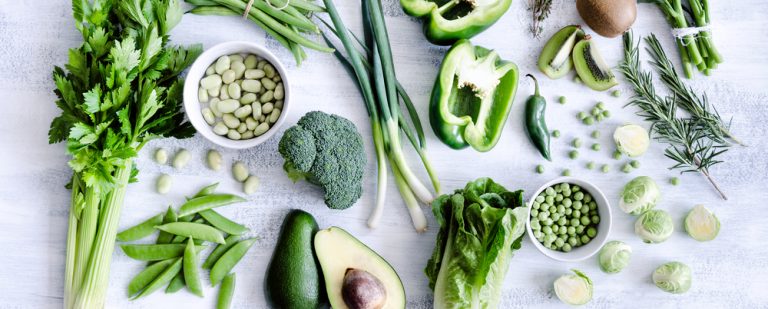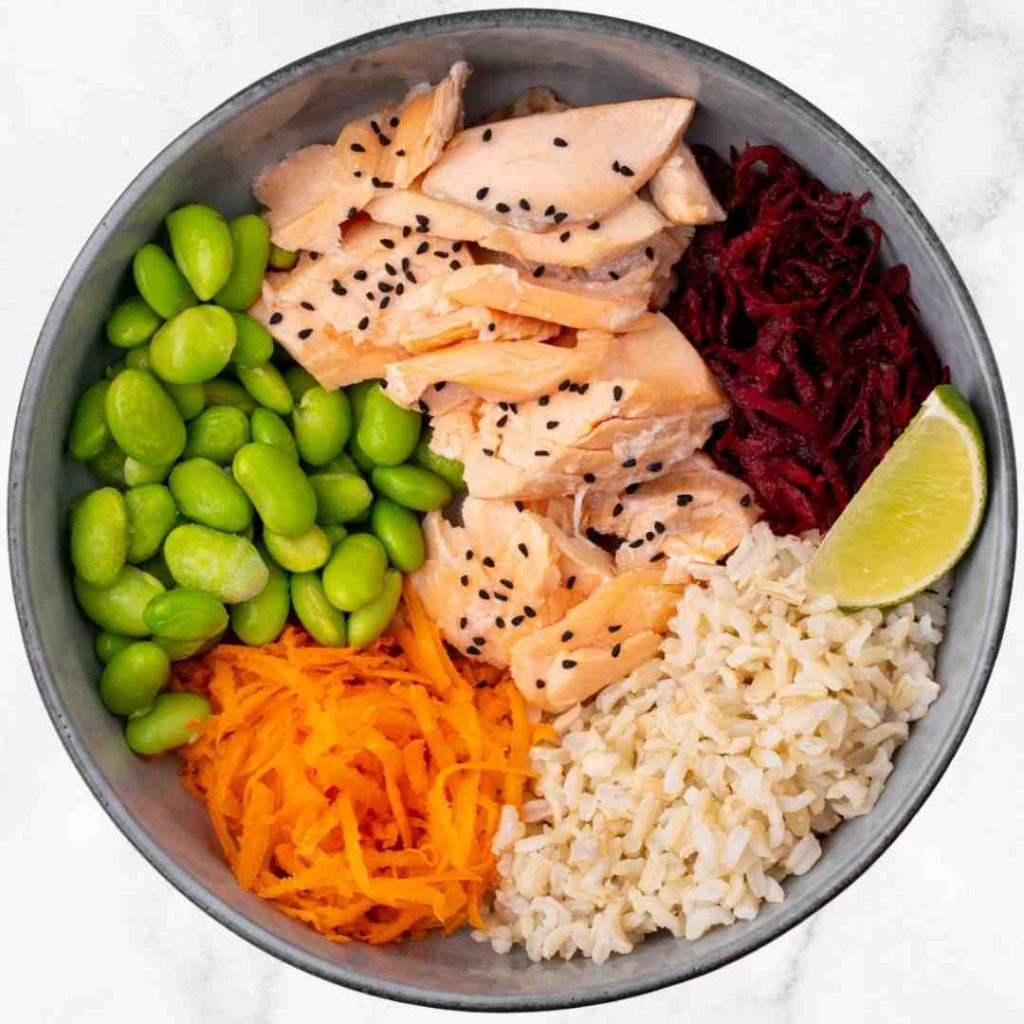Folate is the natural form of the vitamin that is found in foods, whereas Folic Acid is the synthetic form (i.e supplements and fortification). It is also one of the B vitamins, vitamin B9 to be exact.
It is very important for many functions within our body such as decreasing the risk of heart disease, producing red blood cells and DNA synthesis but also in reducing Neural Tube Defects (NTDs) such as Spina Bifida in pregnancy. Therefore, taking Folic Acid supplements before conception is very important.
Q. How much do I need?
A. The average adult needs 200mcg per day. However, it is recommended women take 400mcg per day in the 3 months prior to conception and for the first trimester.
Q. Where can I get Folate/Folic Acid from?
A. You can find Folate in green leafy vegetables such as broccoli, cabbage, kale and spinach. It can also be found in other foods such as peas and beans.
Folic Acid can be found in supplement form from your local pharmacy, but it can also be found in fortified foods. Many countries have mandatory folic acid fortification in their flour to prevent deficiencies and NTD’s. Therefore, it may be possible that the bread/cereal you are consuming contains some Folic Acid. Have a read of the food label the next time you are eating it to see.






